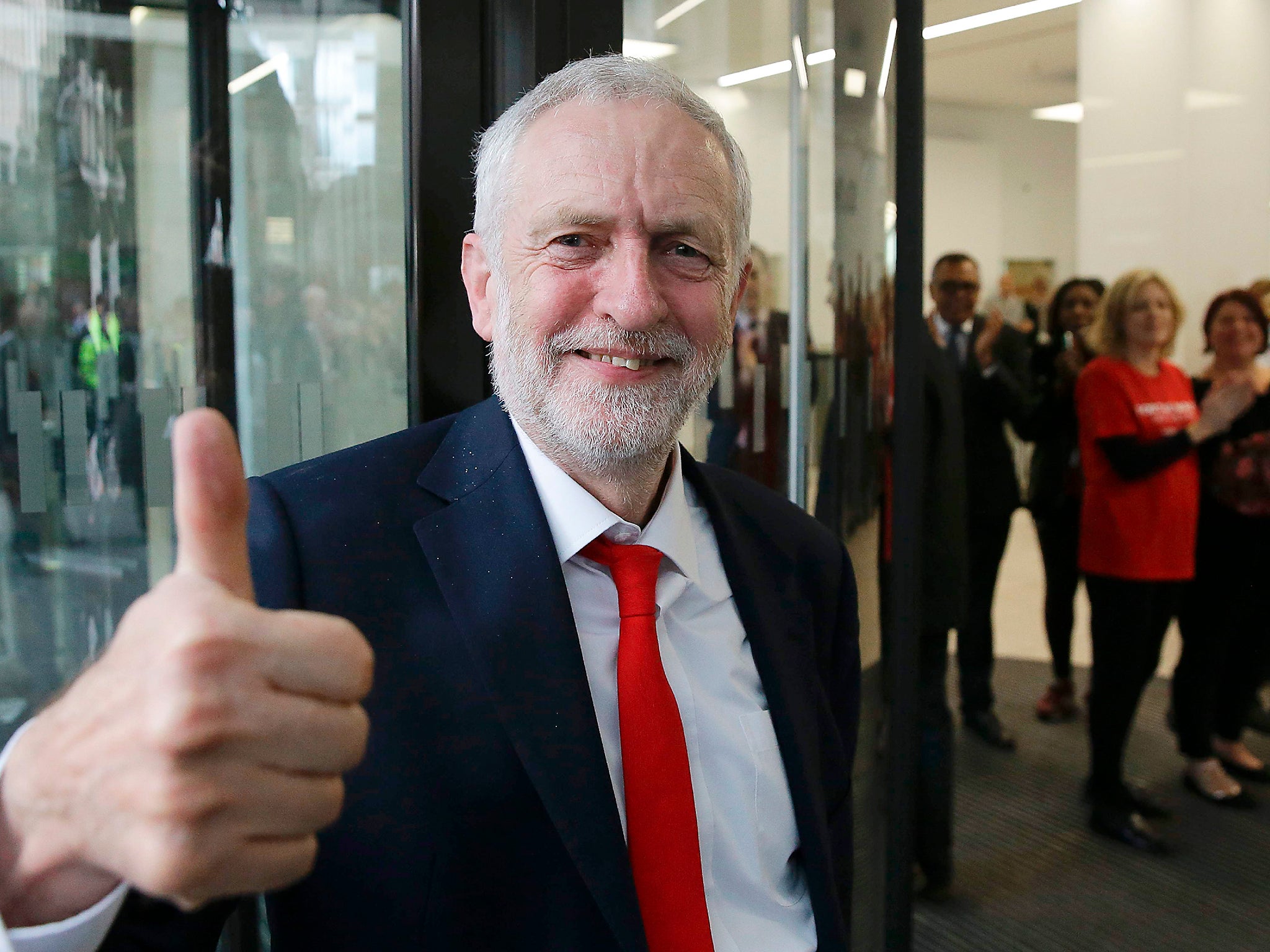The Independent's journalism is supported by our readers. When you purchase through links on our site, we may earn commission.
Forget the social media bubble – we made sure our voices were heard at this general election
Our echo chamber was so full of noise, so full of fight, that it burst into actual mobilisation and political change


Following the EU referendum outcome last year, Remain voters – those in London particularly – were confronted by the shortcomings of having political conversations online. This “bubble,” especially the case with Facebook, was a joyous place to canvas – it seemed every person you talked to shared your point of view. And so, last night, Labour voters were anxious that the so-called “echo chamber” of political conversation would have us duped once more.
But this didn’t happen. Quite the contrary – our echo chamber was so full of noise, so full of fight, that it burst into actual mobilisation and political change. Labour, in a twist defying the trend of our recently grim politics, made us all proud.
This morning, BuzzFeed’s political editor Jim Waterson tweeted, “doubt these results could've happened without big shift in media readership” – I’m inclined to agree. Waterson today highlighted the rise of the British alt-Left online; disillusioned by the media monopoly, Labour voters have formed their own journalistic channels and blogs. Thomas G Clark’s Another Angry Voice is a good example, and the infamous anti-Tory The Canary, which plays the right-wing media at its own game, using forcible tactics to expose social injustice.
These political conversations go under the radar of the Westminster politics charted on Twitter, but garner vast readership and can go viral. It’s sort of like the massive effort of Labour campaigners on the streets, who relentlessly knocked from door to door, has been replicated online – outside the dominant forums of political discussion.
Now, back to the "echo chamber.” What recent politics has unquestionably shown us is that taking up space and making your voice heard has consequential power. When the wrong people dominate space, the repercussions can be catastrophic. Remember when Trump was just a presidential non-entity, a public laughing stock known only for the sheer idiocy of his tweets and hosting a reality show? What the presidential campaign showed us, however, is that his sheer occupation of space and the conversations this warranted engulfed Hilary Clinton’s airtime. According to the New York Times, Trump was able to spend $2bn less on his campaign than Clinton’s because of this. We were all complicit in his election – because we all couldn’t stop talking about him.
Part of the Tory failure has been the reliance on their toxic intimacy with the traditional national press – instead of actually engaging with newer platforms or going for dominant televised exposure. For example, Corbyn carried out a Facebook Live with UNILAD, and even live-streamed one of his rallies on Instagram – Theresa May couldn’t even bring herself to attend a BBC debate.

Theresa May’s refusal to debate live on television is the sheer antithesis of this. Whilst Corbyn and his supporters stayed constantly visible – online, on social media, on the ground, on TV – our “Prime Minister” hubristically believed she could gain seats without even giving us her time. As political consumers – in fact, as subjects of political outcomes – this was our right.
The future political landscape is uncertain, and will be full of testing hurdles. There can be no denying it. But in its immediate aftermath, let’s collectively harness the power of taking up space, wherever we are. Many minority voices I admire have been using this tactic; take, for instance, remarkable trans activist Shon Faye, or Palestinian-German director Lexi Alexander; both unapologetically dominate online space, challenging those who seek to make minorities invisible.
As a queer person of colour, I never see myself represented in political debate, or in media representation. So my strategy is to continuously occupy up as much space as I can, to show that my voice is defiant, that I am here, and that I won’t be ignored.
And that’s what Corbyn and the Labour Party so triumphantly demonstrated this election; that we will never say silent in our fight for justice, and that we will – no matter what the obstacles – be heard.
Join our commenting forum
Join thought-provoking conversations, follow other Independent readers and see their replies
Comments
Bookmark popover
Removed from bookmarks